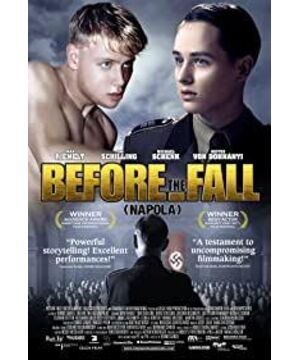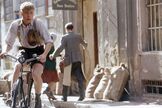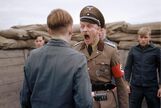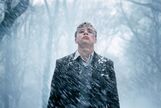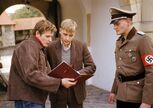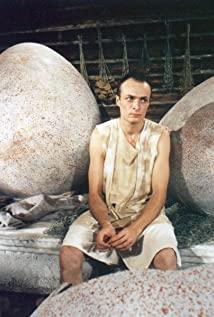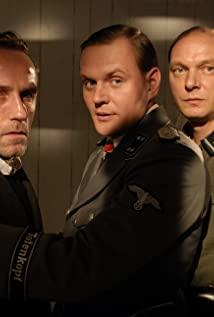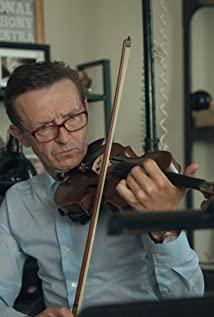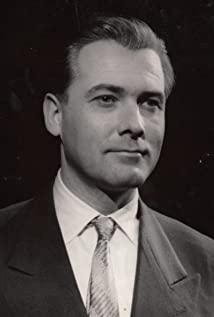On November 23, 1996, Ethiopian Airlines Flight 961 was hijacked by three gangsters and crashed due to exhaustion of fuel as it approached the Indian Ocean in Comoros, killing 125 of the 175 passengers and crew on board. In the documentary "Havoc in the Air", a detail of the incident is restored: before the fuel of the plane ran out, the captain sent a signal to the passengers for help, hoping that the passengers would help to subdue the gangsters, but except for a photographer who helped the passengers In addition, everyone chose silence, and eventually the plane crashed and died, and only 50 people in the entire crew survived.
Would you rather crash with the plane than help yourself to win a ray of hope for yourself?
You can die in a plane crash, and you can die in a fight with gangsters, but in the face of impending death, which has a greater chance of dying? Of course the former. As a bystander, I think that after more people have compared the probability weight of death, many people will definitely choose to fight with gangsters to win a silver lining for themselves. But why did the people on the plane choose to be silent? It turned out that everyone thought that the gangsters would blow up the plane and did not dare to take action, so many people were scared, so everyone sat and waited and hoped that a miracle would happen, so everyone gave up hope of life...
An idea suddenly emerged: If at this time, a passenger on the plane dares to risk his life to fight against the gangster, will it also lead to other people's recklessness?
I think the answer is yes.
Man is a strange animal: he can be cowardly at times, but at other times he can become fearless at the instigation of a "spiritual leader".
In the anti-Japanese era, how many soldiers of the Red Army marched forward bravely and fearlessly under the firm slogan of "Fight with me"; in history, in many uprisings, there was always a leader who carried the banner and led everyone to resist oppression; these leaders, We call them "heroes," and heroes are the unifying force of the team. As the old saying goes, capture the thief first and capture the king, which shows the great role of the leader.
In daily life, many people's decisions are always controlled by the person who has an opinion. Even if our psychological decision is contrary, we will choose to submit; and more often, when we hesitate to make a choice, I hope someone will stand up and speak their minds.
But in life, how can there be so many "heroes"!
The day before yesterday, I watched a German movie "Hitler's Boys". The film tells that Friedrich, who was born in a working family, accepted militaristic ideas such as "survival of the fittest" and "exclusion of Jews" in an elite training school opened by Nazi Germany. After that, he started under the influence of the death of his good friend Albert. A story of complete awakening.
In the movie, Albert's father uses Russian child prisoners of war as the elite school fighters to practice killing before they enter the front line.
Facing the tragic incident of the unarmed child captive being shot to death, every future elite boy bowed his head and trembled in his heart. Some people chose to be silent, some people chose to avoid it, but Albert chose to protest. Although his protest was suicidal, his self-destructive protest still seems to me a heroic act.
Do not erupt in silence, die in silence. In the face of obvious good and evil, many people do not have the idea of resisting, but the courage to resist.
"The only condition for the victory of the wicked is for the good to stand by." -British political philosopher Burke. And I think, "The only condition for an idea to be raped by others is the giving up of self-courage".
In the absence of a hero, many times, we need to be our own "hero"!
-END-
View more about Before the Fall reviews


